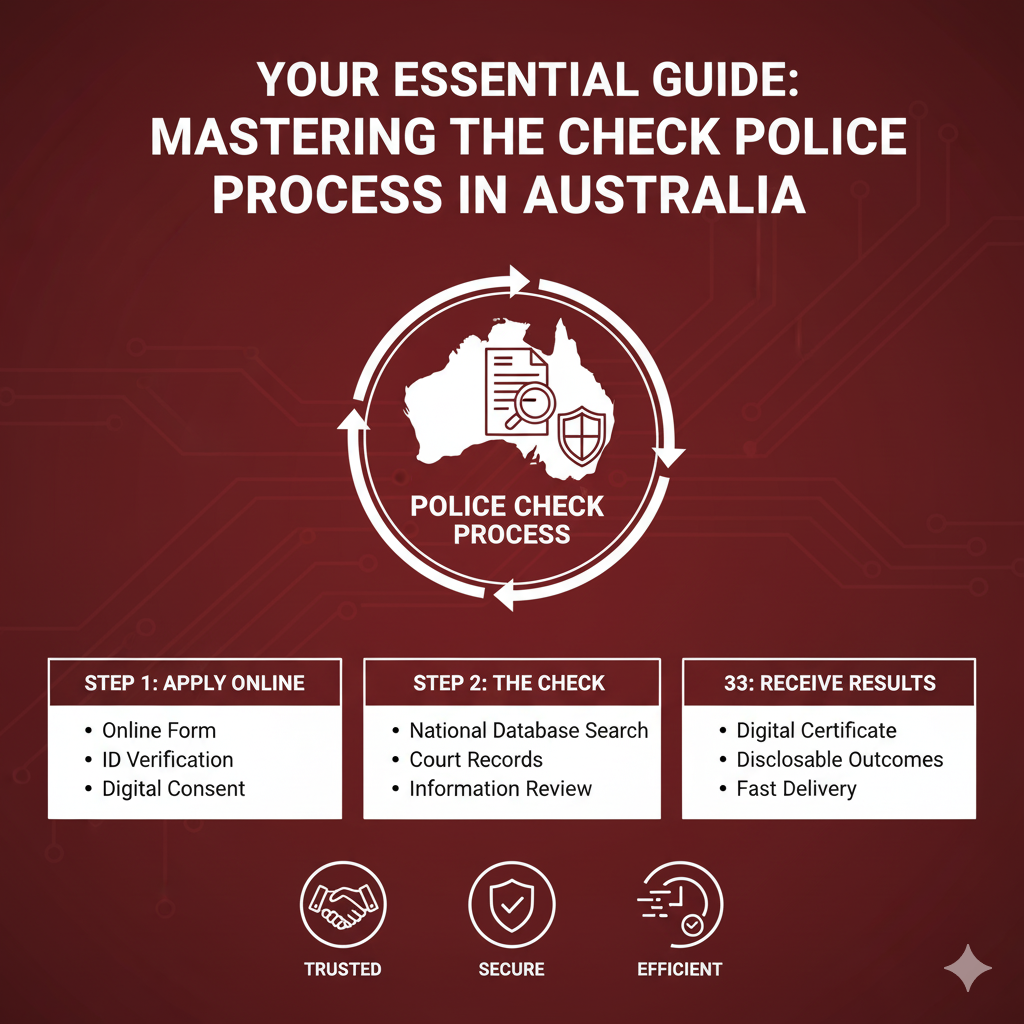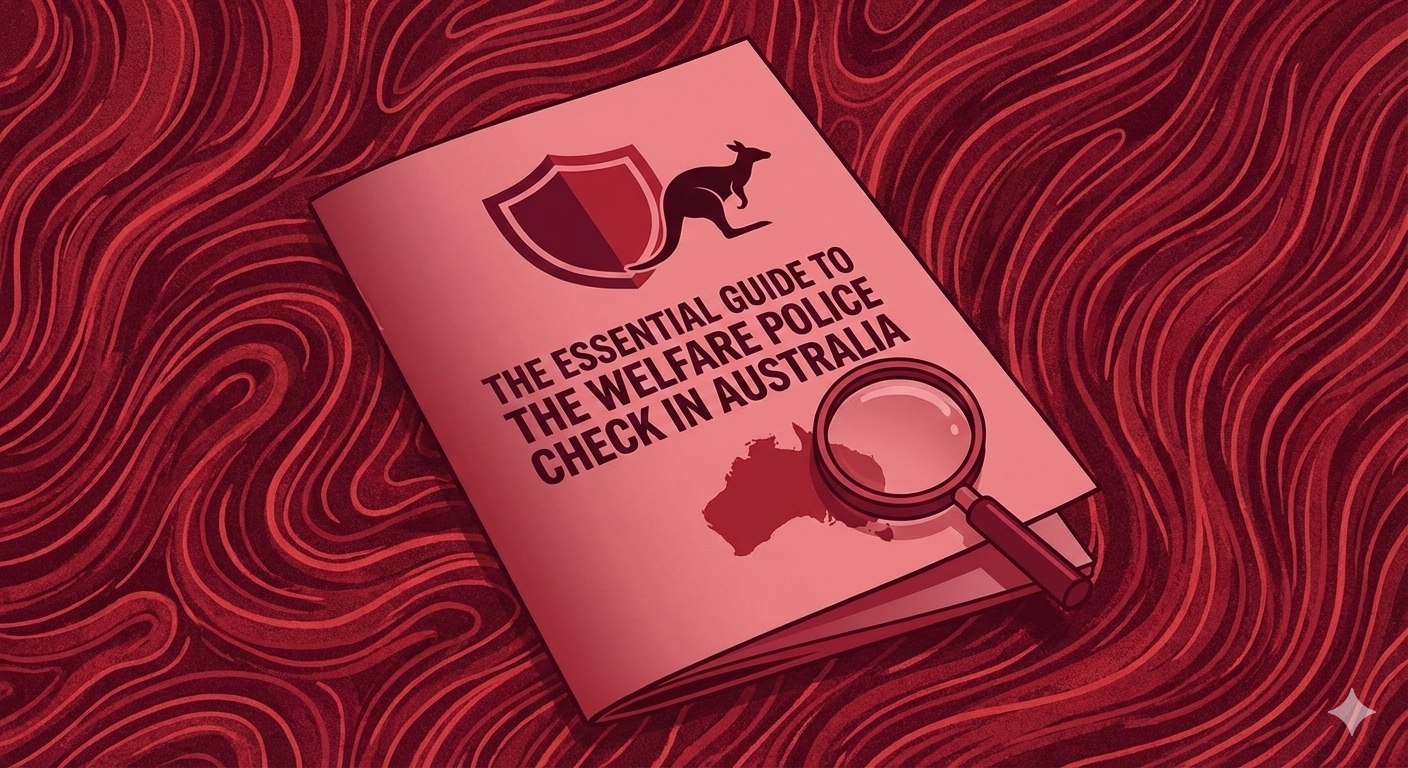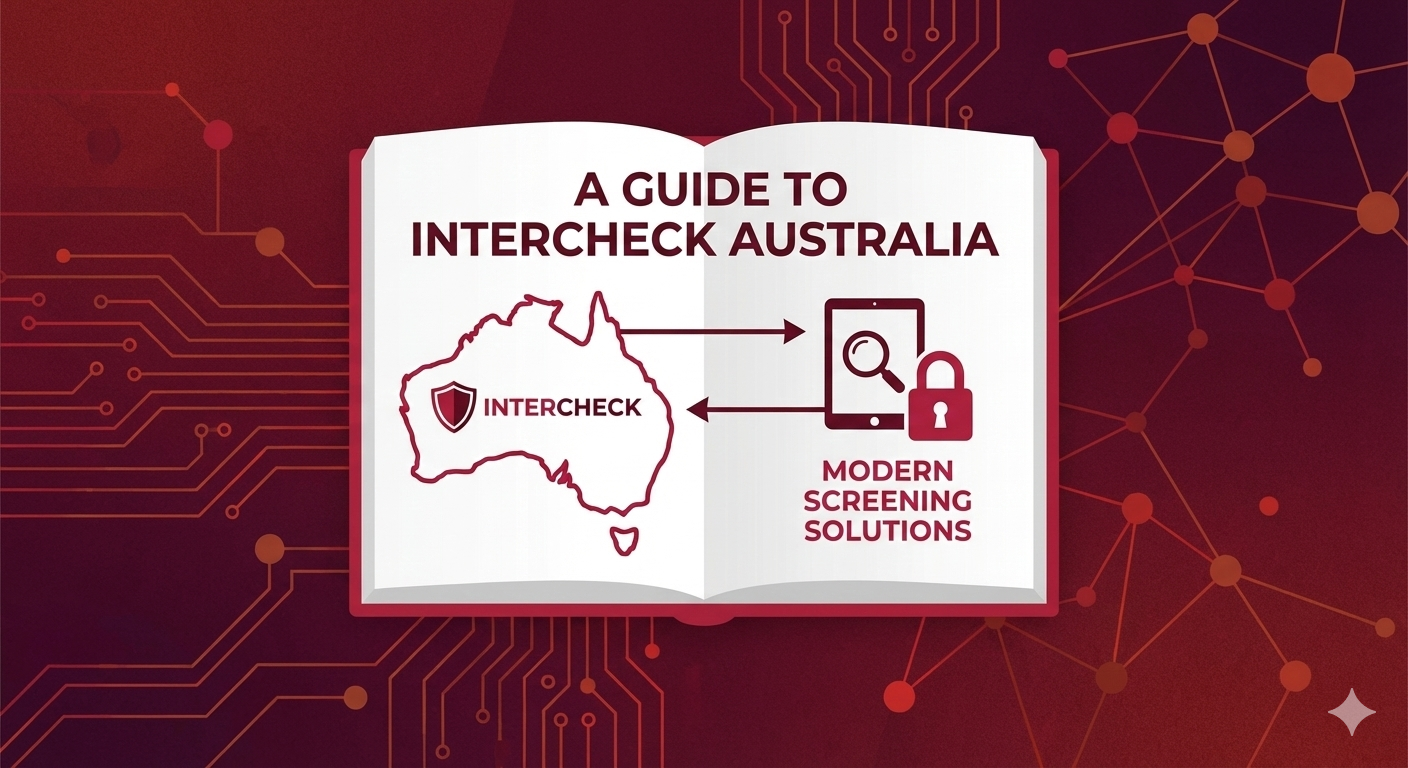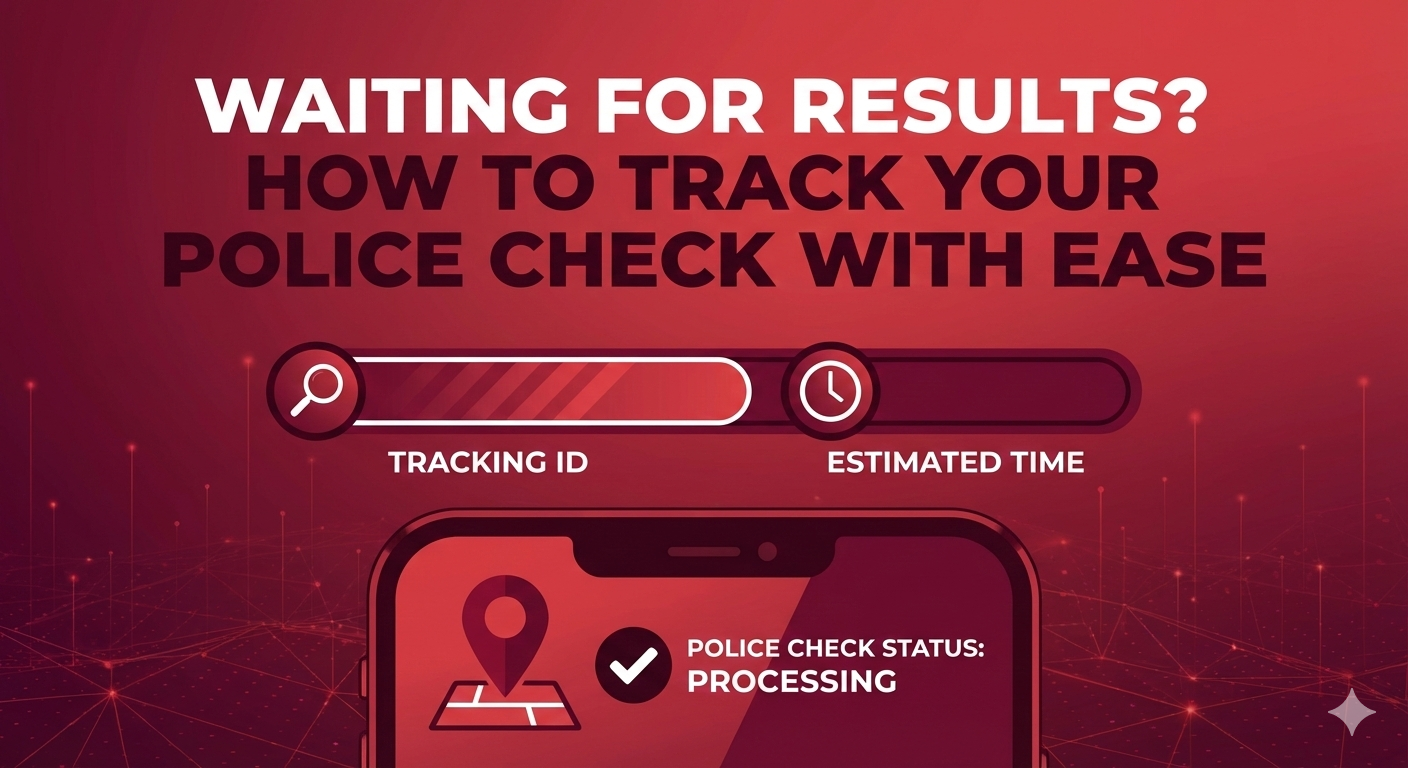In the Australian job market, one document is almost universally required for employment, volunteering, and licensing: the National Police Check (NPC), often simply referred to as a check police. This document is your official clearance, confirming your suitability for a position of trust.
While the process of obtaining this clearance can seem complicated, choosing an ACIC-accredited provider like Rapid Screening transforms the experience. We offer the fastest route to compliance, delivering 70% of all check police results within just 2 to 4 hours of application.
This comprehensive guide will demystify the check police process, clarify its purpose, explain the different results, and show you exactly how to get your certificate quickly and securely.
Check Police Basics: What Is the National Police Check?
The official name for the check police is the Nationally Coordinated Criminal History Check (NCCHC). It is a national-level search that draws information from the databases of all Australian police agencies across every State and Territory.
The Purpose of the Check Police
The primary purpose of the check police is to verify a person’s identity and criminal history at a specific point in time. This information is vital for organizations to fulfill their duty of care, ensure public safety, and maintain the integrity of their workforce.
| Sector | Why the Check Police is Essential |
| Aged Care/Childcare | Mandatory to protect vulnerable persons from individuals with relevant records of violence or abuse. |
| Finance/Banking | Essential to prevent financial crime and fraud by screening individuals with records of dishonesty. |
| Government/Public Sector | Required for all roles involving public trust, sensitive information, or security clearances. |
| Volunteering | Ensures the safety and suitability of individuals engaging with community groups and events. |
ACIC Accreditation and Validity
The entire system is managed and overseen by the Australian Criminal Intelligence Commission (ACIC). When you apply through Rapid Screening, an ACIC-accredited body, you are guaranteed:
- National Validity: The check police certificate is legally accepted across all Australian States and Territories.
- Security and Compliance: Your personal data is handled under the strict security and privacy standards mandated by the ACIC.
Speed and Processing: How Long Does a Police Check Take?
The question of how long does a police check take is central to the hiring process. The answer hinges entirely on the processing method.
Rapid Screening: 70% of Checks in 2 to 4 Hours
We utilize a direct electronic link to the ACIC system, ensuring the fastest possible submission and digital delivery.
- Tier 1: Automated Clearance: The majority of applications (approx. 70%) are processed instantly by the system’s name-matching algorithm. If your details clear automatically, the result is returned to Rapid Screening and issued to you digitally within 2 to 4 hours.
- Tier 2: Manual Referral: Approximately 30% of applications are flagged for a manual review and referred to the relevant Australian police agencies. This manual vetting is the sole cause of delays, and checks can take 1 to 15+ business days to finalise.
Common Reasons for Manual Vetting Delays
A manual referral does not mean you have a criminal record; it simply means human verification is needed. This occurs due to:
- Common Names: Sharing a common name or date of birth with a Person of Interest (POI) in the Australian criminal history database.
- Interstate Residency: Having lived in multiple States or Territories, which requires records to be reconciled from different police databases. Rapid Screening provides services not only in QLD or NT but in all Australia.
- Existing Records: Any current or historical criminal history requires manual legal assessment (applying Spent Convictions laws) before the result is released.
Understanding the Results: DCOs and Spent Convictions
When you receive your check police certificate, it will state one of two outcomes.
Disclosable Court Outcomes (DCOs)
A DCO is the criminal information that police agencies are legally permitted to release on your certificate.
- What is Disclosed: Convictions, findings of guilt, serious pending charges, and certain court orders.
- What is NOT Disclosed (Generally): Infringement notices, charges that were withdrawn or acquitted (found not guilty), and police cautions/warnings.
The decision on what is disclosed is made by the police, who carefully apply State and Commonwealth legislation.
The Spent Convictions Scheme
The Spent Convictions Scheme is a crucial legal protection in Australia that prevents older, minor offences from being disclosed on a check police certificate for most purposes.
| Conviction Status | Disclosure Rule |
| Spent | Not disclosed for general employment checks, promoting rehabilitation. |
| Exempt | Always disclosed for specific high-risk roles (e.g., Working with Children Check), overriding the Spent Convictions law. |
If a conviction meets the criteria (e.g., a 10-year crime-free period for minor adult offences), it is treated as legally non-existent for most employment applications.
Conclusion: Get Your Check Police Quickly and Securely
The check police process is a fundamental step in ensuring trust and safety in the Australian workplace. By choosing an ACIC-accredited provider like Rapid Screening, you secure a fully compliant Nationally Coordinated Criminal History Check while benefiting from the fastest available turnaround time.
Don’t let waiting slow down your career. Start your secure, instant application today and join the 70% who receive their check police result in 2 to 4 hours.
Frequently Asked Questions (FAQs)
Q1) Is the check police the same as the Working with Children Check (WWCC)?
No. A (NCCHC) is a general criminal history check. A Working with Children Check (WWCC) is a separate, mandatory clearance issued by State/Territory government bodies specifically for child-related work. A WWCC is required in addition to or instead of a standard check police for relevant roles.
Q2) How long is my check police certificate valid for?
The check police is a “point-in-time” document, valid only on the date it is issued. It has no official expiry date. However, most employers and organizations in Australia require a certificate that is no older than 3 to 12 months as part of their risk assessment policies.
Q3) If my application is delayed (the 30%), can I speed it up?
No. Once an application is referred for manual review, the process is controlled by the Australian police agencies, and no provider can expedite the legal vetting process. You must wait for the police to complete their necessary investigation.
Q4) Does the check police include my overseas criminal history?
No. It only covers criminal history records held by Australian police agencies. If you have lived or worked overseas, your employer may require a separate International Criminal History Check (ICHC).




